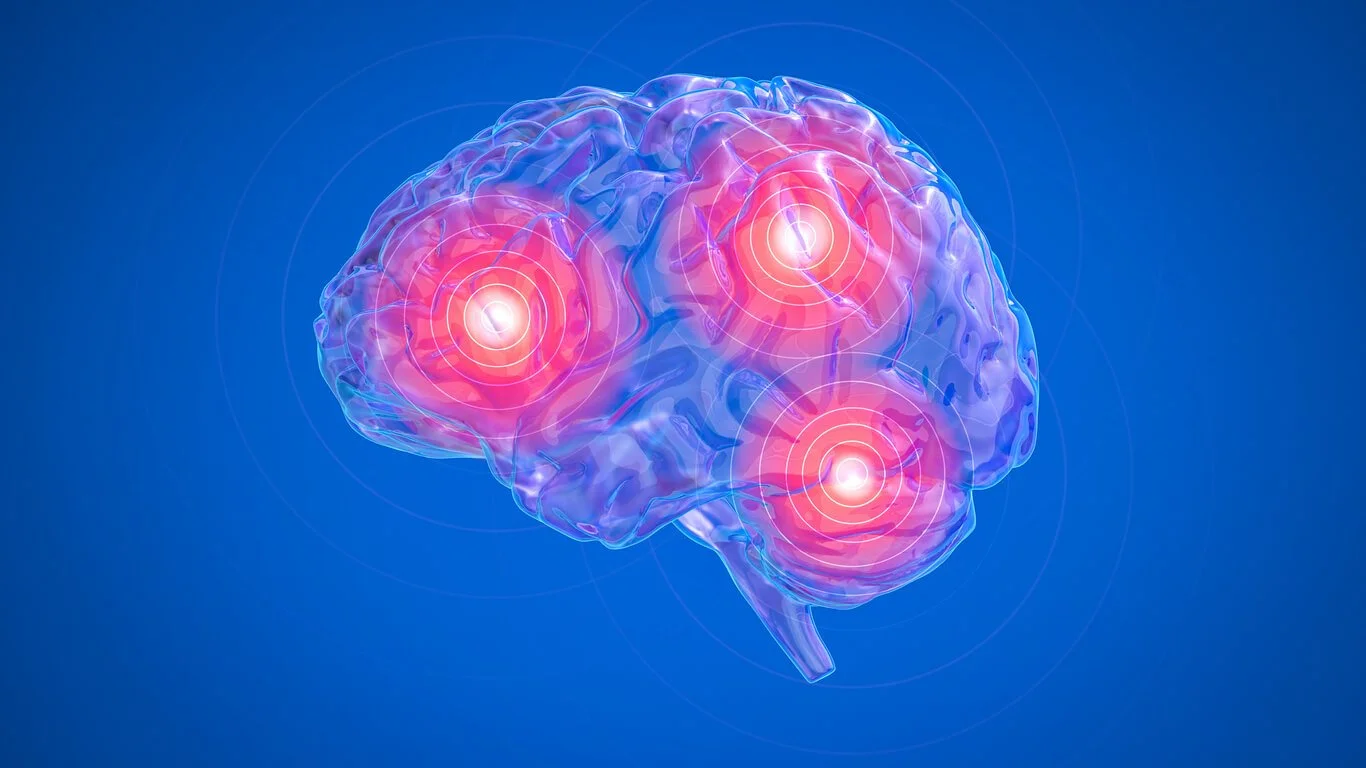How Trauma Affects the Brain and Ways to Heal
/Trauma is more than a distressing memory or recollection of an event, because it transforms the brain's complex mechanisms in profound ways. If you or somebody you know has been through a traumatic experience, learning about brain-based changes is a fundamental requirement for healing and recovery processes. Trauma creates long-lasting impacts on brain structure and function changes, which continue to affect thoughts, emotions, and behaviour long after the traumatic event has ended.
The Brain Under Siege: How Trauma Alters Its Landscape
During traumatic events, the brain focuses on survival above everything else. The traumatic event triggers multiple transformations in fundamental brain areas.
The amygdala: The emotional processing area known as the amygdala becomes hyperactive following traumatic experiences. The brain stays constantly on high alert for threats, leading you to experience increased hypervigilance, anxiety and startle responses.
The hippocampus: Learning and memory creation depend on the hippocampus, but traumatic experiences often cause this region to shrink in size. The brain experiences fragmented memories of traumatic incidents, along with confusion between past and present experiences. There may also be an impaired ability to create new memories.
The prefrontal cortex: This area of the brain controls decision-making functions, emotional regulation, impulse control, and rational thinking abilities. After traumatic experiences, brain activity decreases in this region, making it harder to manage emotions, think clearly under stress, and make sound judgements. This can lead to impulsivity and difficulty in regulating emotional responses.
The brain's reorganisation process after trauma sometimes results in developing PTSD and other mental health conditions such as depression and anxiety. The brain develops an automatic system to detect dangers that are not present, negatively impacting everyday life and personal well-being.
Pathways to Healing: Rewiring the Traumatised Brain
The brain demonstrates exceptional flexibility through its neuroplasticity feature. The brain demonstrates its ability to develop new neural connections throughout a person's entire lifespan. Thankfully, understanding brain-based changes is a fundamental requirement for treatment. The following approaches help patients heal through the process:
Eye Movement Desensitisation and Reprocessing (EMDR): This method employs bilateral stimulation through guided eye movements to assist traumatic memory processing and reduce emotional intensity. The neural pathways between the amygdala and the prefrontal cortex gain strength through EMDR treatment.
Cognitive Behavioural Therapy (CBT): Through CBT, patients can identify and transform their trauma-related harmful beliefs and thoughts. Research demonstrates that CBT decreases amygdala hyperactivity and improves prefrontal cortex functionality.
Dialectical Behaviour Therapy (DBT), Somatic Experiencing and Psychodynamic Therapy: These are valuable approaches for addressing emotional regulation, body awareness, and unresolved conflicts to treat emotional regulation issues, body sensations, and unresolved conflicts through dialectical behavioural therapy.
Mindfulness and Meditation: These practices encourage present-moment awareness without judgement. Meditation performed regularly decreases amygdala sensitivity, develops prefrontal cortex strength and promotes relaxation.
Physical Activity: Exercise is a natural stress reliever that boosts the production of brain-derived neurotrophic factor (BDNF), which helps repair and create new neurons. Regular physical exercise helps patients experience better mood states while improving memory function and decreasing symptoms of depression and anxiety.
Beginning Your Healing Process
The healing process for trauma requires individualised dedication and extensive time for successful recovery. The Grove Counselling & Therapy provides evidence-based, compassionate therapy to help patients heal from traumatic experiences through trauma counselling. Reach out to our team today to discover how we can support your recovery.


